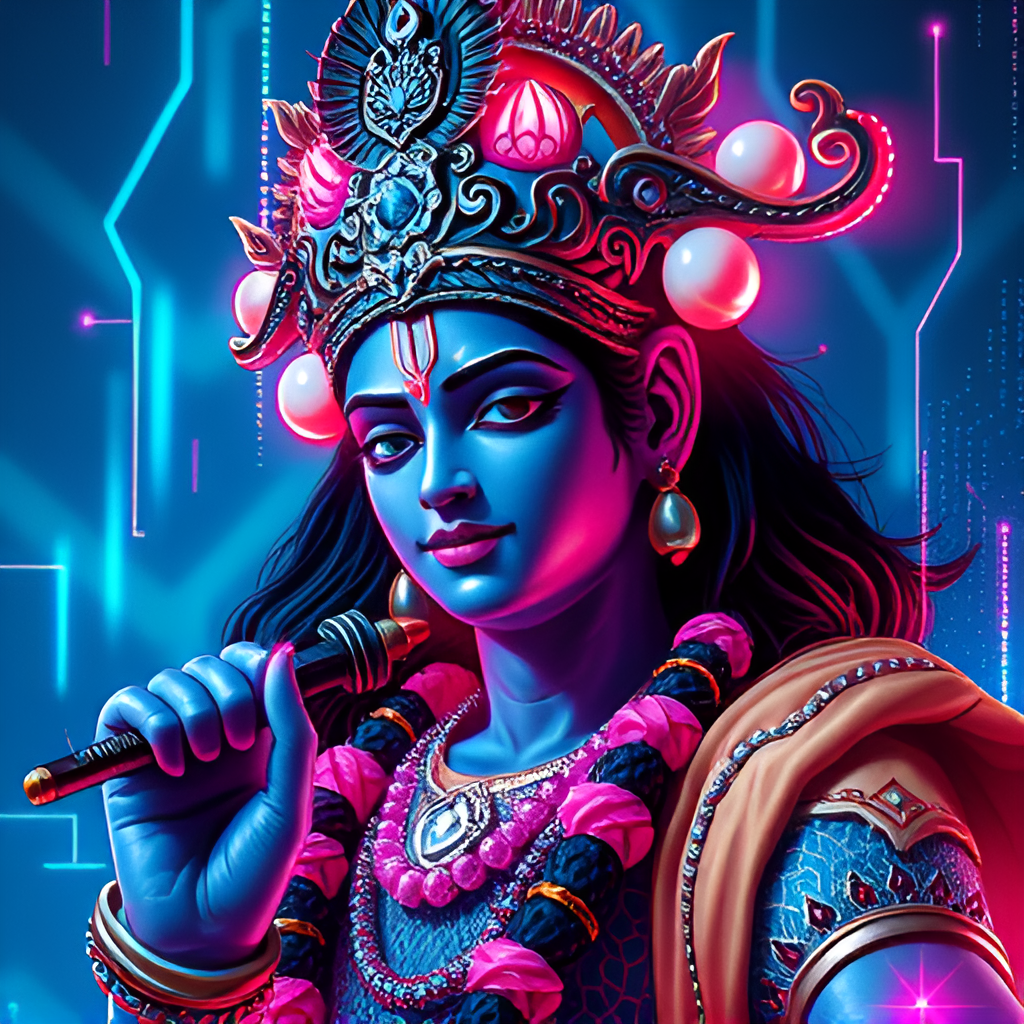Why bhagwat gita is religion agnositc?

In the epic tale of the Mahabharata, Krishn stands as the divine counselor to Arjun, guiding him through the moral and spiritual dilemmas of the battlefield. As Arjun grapples with his reluctance to fight, Krishn delivers the timeless teachings of the Bhagavad Gita, culminating in the profound advice found in the final chapter.
Arjun, overwhelmed by doubt and compassion, presents one excuse after another for his unwillingness to engage in battle. Krishn, however, is relentless in his effort to inspire, motivate, and even challenge Arjun to fulfill his divine purpose. In the 18th chapter, Krishn delivers a message that transcends the battlefield, offering wisdom that resonates across time and space.
The Ultimate Surrender: Beyond Material Dharma
In one of the most iconic verses of the Bhagavad Gita, Krishn imparts this wisdom:
सर्वधर्मान्परित्यज्य मामेकं शरणं व्रज अहं त्वां सर्वपापेभ्यो मोक्षयिष्यामि मा शुच: 66
“sarva-dharmān parityajya mām ekaṁ śaraṇaṁ vraja
ahaṁ tvāṁ sarva-pāpebhyo mokṣayiṣhyāmi mā śucaḥ”
Abandon all varieties of dharma and simply surrender unto Me alone. I shall liberate you from all sinful reactions; do not fear.
Krishn is not merely asking Arjun to abandon his duties; he is urging him to transcend the limitations of material dharma—those obligations tied to one’s social class, familial duties, and societal expectations. Instead, Krishn calls for a shift in consciousness, where the sole focus is on loving devotional service to God, or para-dharma, the ultimate spiritual duty.
The Essence of Spiritual Dharma
Krishn clarifies that while neglecting material duties can be seen as sinful, surrendering them to embrace spiritual dharma is not only righteous but also transformative. The soul’s true father, mother, friend, and resting place are all God, and it is to this divine reality that one must anchor their identity.
Arjun is not fighting for personal gain or to fulfill his kshatriya (warrior) duties; he is fighting because God has asked him to do so, to restore balance and righteousness in the world. This is the essence of dharma—the right action that upholds the cosmic order.
A Cautionary Note
Krishn concludes with a caution: this knowledge is not for everyone. It is meant for those who have developed the intellect to discern the right course of action and to reject what is unnecessary. It is a teaching that transcends religion, caste, and social status, reminding us that dharma and religion are not synonymous. While religion may be bound by rituals and traditions, dharma is the eternal principle of righteousness that guides the soul towards liberation.
A Universal Message
This verse is a powerful testament to the universality of the Bhagavad Gita’s teachings. It is a message that transcends cultural and religious boundaries, offering a path that is accessible to all who seek spiritual awakening. In a world where identities are often defined by material designations, Krishn’s words remind us of our true identity as spiritual beings, eternally connected to the divine.
In conclusion, the Bhagavad Gita is not just a scripture for the Hindu faith; it is a universal guide for anyone seeking to transcend the limitations of the material world and attain spiritual freedom. Its teachings are a call to action, urging us to seek the higher truth and to live in alignment with the divine will.
One doesn’t need to identify himself by religion, class or nationality. He has to do the right thing and the sins accumilated by rejecting the bodily duties are taken care by the God. People usually mistake Devotion to bhakti. The chants, mantra, rituals, traditions are not much of use. It helps initially but they have should be given up or the society becomes a docile one.
Shloka: https://www.holy-bhagavad-gita.org/chapter/18/verse/66